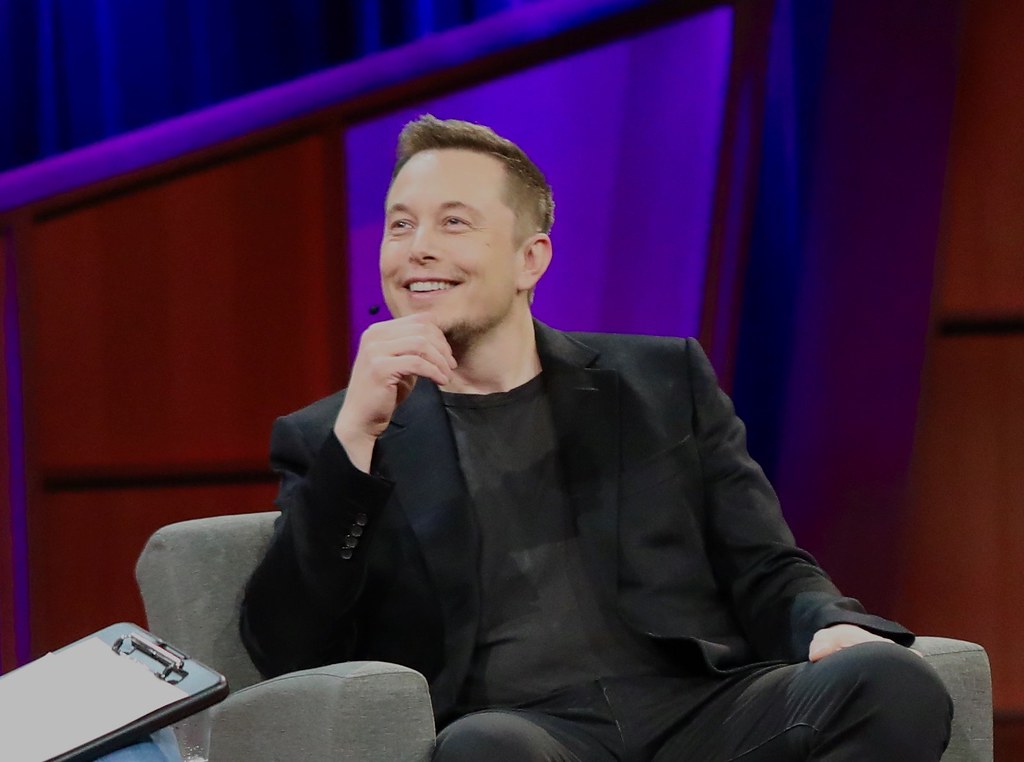
Walter Isaacson’s biography, a meticulous chronicle of Elon Musk’s life, delves deeply into the formative crucible of his early years, presenting a complex portrait of a figure whose ambition and combative nature were forged in the fires of a difficult childhood. This tell-all account peels back the layers of public persona, offering an intimate glimpse into the profound experiences that sculpted the mind of the man who would eventually redefine industries from electric vehicles to space exploration.
Far from a simple rags-to-riches narrative, the book reveals a childhood marked by significant trauma and the isolating realities of neurodivergence. It suggests that the relentless drive and often enigmatic behavior that characterize Musk in adulthood have deep roots in his South African upbringing, a period where personal struggles and intellectual awakening intertwined to lay the groundwork for a truly extraordinary future.
As we embark on this journey through Musk’s early life, from Pretoria’s jacaranda-lined streets to the initial sparks of his technological genius, Isaacson’s work provides an unparalleled lens through which to understand the complex tapestry of his development. We uncover the pivotal moments, challenges, and intellectual passions that set him on a trajectory toward becoming one of the most influential, and often controversial, figures of our time.
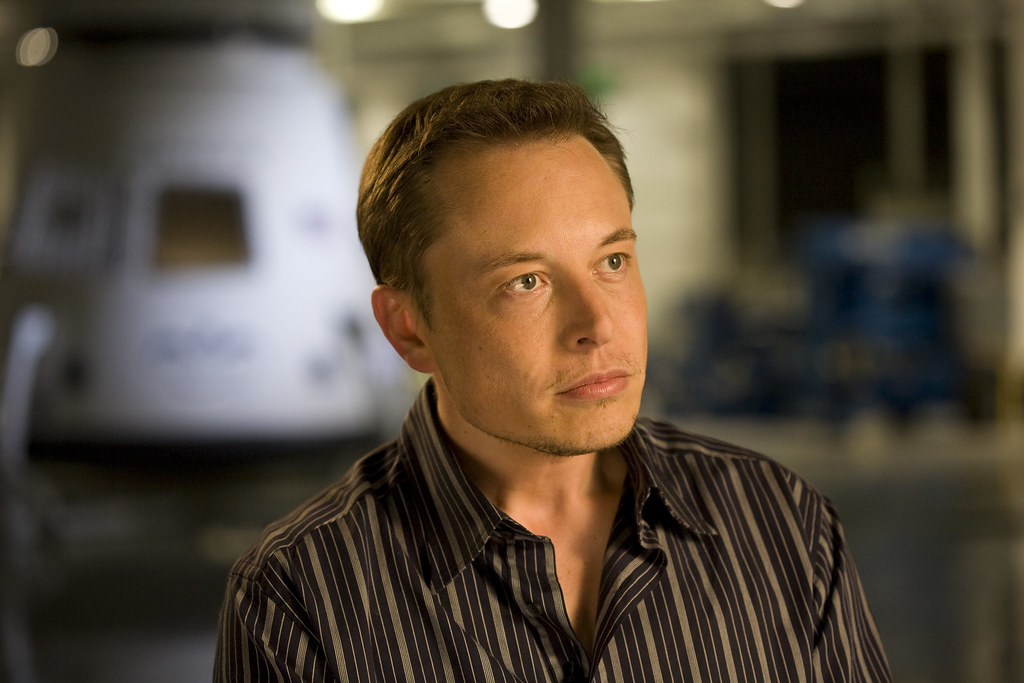
1. **A Traumatic Childhood: Abuse and Isolation**Elon Musk’s early life, as chronicled by Isaacson, was unfortunately steeped in a pattern of abuse, both within his home and at school. This consistent adversity became a defining element of his formative years, forcing him to seek refuge and develop coping mechanisms that would profoundly influence his later character.
Musk was born in Pretoria, South Africa, on June 28, 1971, and despite a privileged environment, his experience was far from idyllic. He faced regular physical beatings at school, a harsh reality for a child who was often described as bookish, introverted, and slight in build. This bullying, compounded by a general sense of being an outsider, led to deep isolation.
The trauma extended to his home life, where both he and his mother were subjected to his father’s relentless verbal assaults. This consistent exposure to harsh criticism and anger undoubtedly contributed to a turbulent emotional landscape for the young Elon, creating an environment where he consistently had to fend for himself emotionally, especially after his parents’ divorce when he was eight.
One particularly harrowing incident recounted in the biography highlights the severity of the bullying, noting that he once had to be hospitalized for a week after a blunt beating to his face. These experiences, marked by physical and verbal abuse and the resulting social ostracization, are posited as key contributors to his resilience and perhaps, paradoxically, his fervent desire to create a better world.
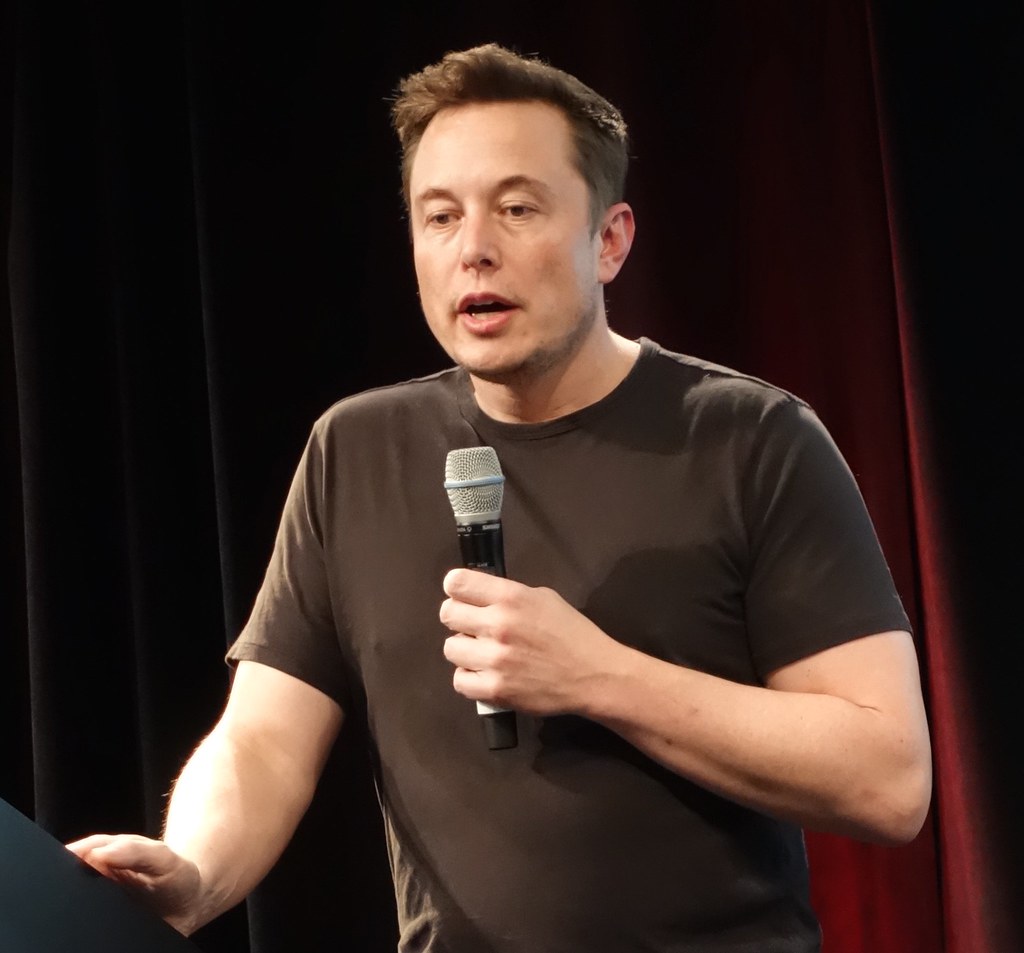
2. **The Diagnosis of Neurodivergence**A crucial aspect of understanding Elon Musk’s early challenges lies in the recognition of his neurodivergence, specifically Asperger’s syndrome. This condition, which he would later identify as a symptom he experienced, played a significant role in his social difficulties and how he perceived and interacted with the world around him.
From a very young age, Musk struggled with interpreting emotions and personal cues, a trait that made it difficult for him to forge connections and make friends. Maye Musk, his mother, openly expressed regret about sending him to school early, noting that he was lonely and sad, never bringing friends home like his siblings Kimbal and Tosca. She observed that he wanted to make friends but simply didn’t know how.
Musk himself recounted to Isaacson how he would take people literally when they spoke, a characteristic of Asperger’s that led to frequent misunderstandings. It was only through extensive reading that he began to grasp the nuanced reality that people don’t always mean exactly what they say. This intellectual understanding helped him navigate a social world that felt inherently confusing.
The context explicitly mentions that Asperger’s syndrome is a form of autism characterized by difficulty mastering interpersonal skills, despite unimpaired language and intellectual development. Traits like obsessive behaviors, hypersensitivity, and difficulty understanding others’ perspectives are common, and children with such disorders are particularly vulnerable to bullying, which tragically aligns with Musk’s documented experiences.
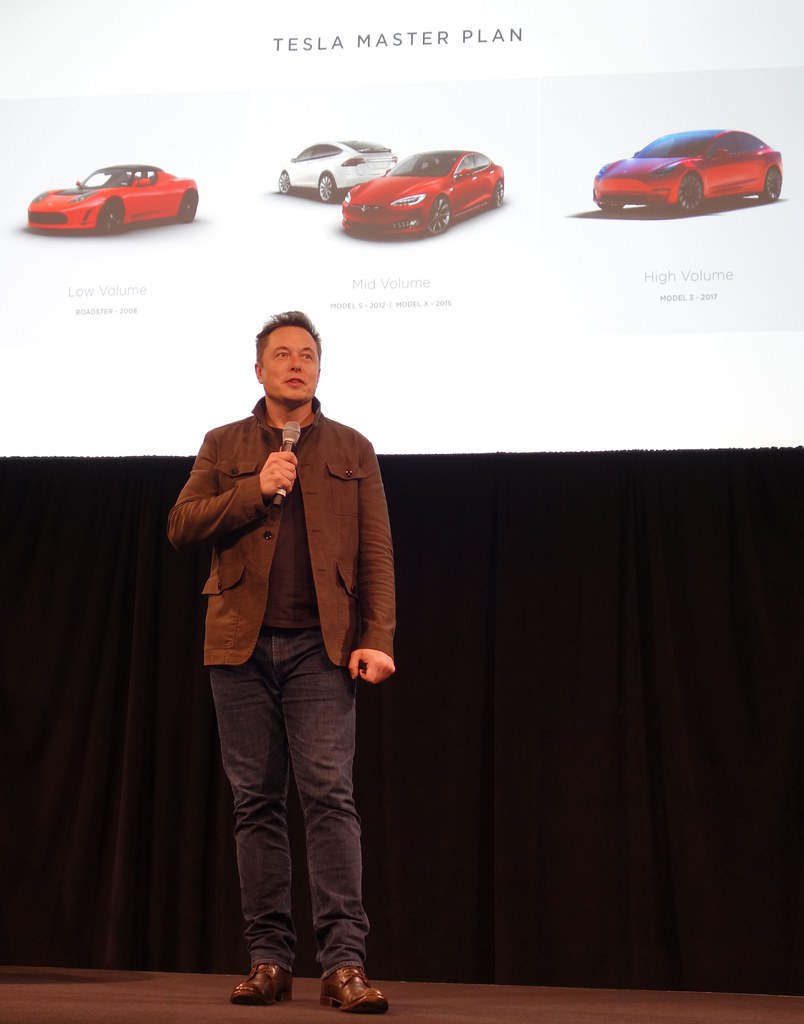
3. **An Early Start to Education**Elon Musk’s academic journey began unusually early, a decision by his mother, Maye Musk, that she later reflected upon with regret. Admitted to school at a mere three years old due to his precocious intelligence, this early start, while seemingly advantageous for a gifted child, may have inadvertently exacerbated his social struggles.
Being in school at such a young age, particularly given his inherent difficulties with social cues and forming friendships, placed him in an environment where he was even more acutely aware of his differences. Maye recounted to Isaacson that Elon was lonely and sad, a stark contrast to his siblings who effortlessly made friends, further cementing his sense of isolation.
By the time Musk reached second grade, his method of coping with this social disconnection was to “tune out,” a clear indication of how overwhelming and unfulfilling the early school environment had become for him. His mother explicitly stated that sending him to school so early was a mistake, recognizing the negative impact it had on his emotional well-being and social development.
Despite these challenges, his academic prowess eventually shone through. He attended Pretoria Boys High School, where his intelligence and aptitude for learning became apparent, setting the stage for his future educational pursuits even as he grappled with the social difficulties his early schooling presented.
Read more about: OMG, You Guys! These Are the ABSOLUTE Best Movies from TIFF 2025 That Blew Our Minds!
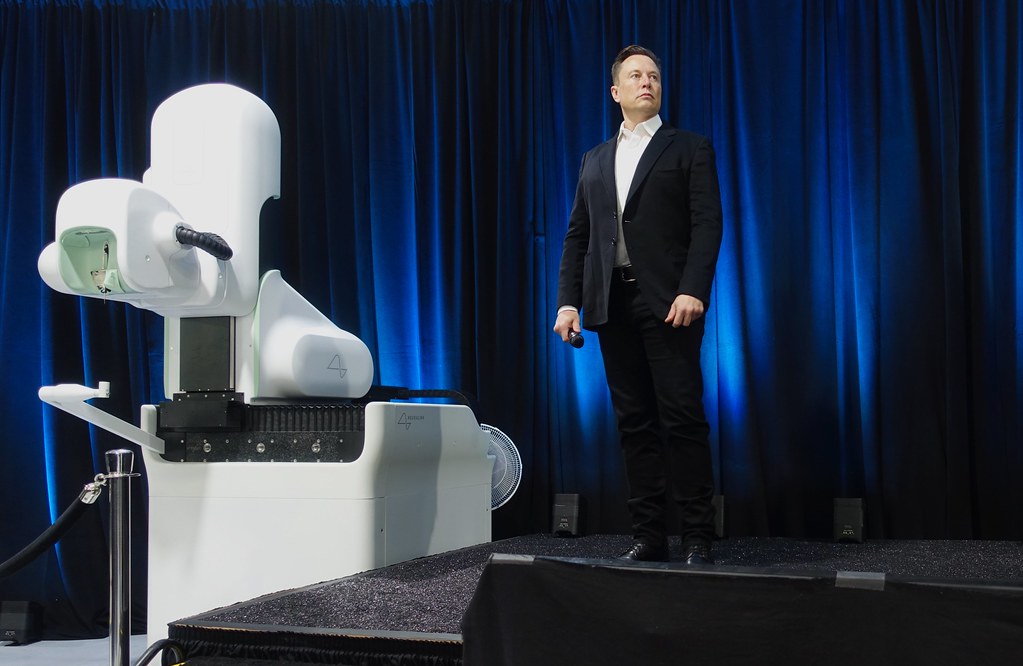
4. **Escape into Imagination: Science Fiction and Books**Confronted with a childhood marked by abuse and social isolation, Elon Musk found profound solace and escape within the pages of books, particularly science fiction. This retreat into the world of stories became a vital coping mechanism, allowing his imagination to soar beyond the harsh realities of his daily life.
He devoured books voraciously, often reading for up to 10 hours a day, an appetite for knowledge that extended to consuming encyclopedias after exhausting his local library’s collection. This intense reading habit fueled his diverse interests and provided an intellectual sanctuary where he could dream and envision alternative realities.
Science fiction classics, such as Isaac Asimov’s “Foundation” series, J.R.R. Tolkien’s “The Lord of the Rings,” Robert Heinlein’s “The Moon is a Harsh Mistress,” and Douglas Adams’ “The Hitchhiker’s Guide to the Galaxy,” were particularly impactful. These narratives ignited his imagination and nurtured his dreams of a world where technology could solve humanity’s most pressing problems, or even enable humanity to reach the stars.
His immersion in these literary worlds was so complete that he became nocturnal, often reading until dawn, only to fall asleep when his mother switched on the lights at 6 a.m. This compulsive need to read and his deep engagement with imaginative narratives were foundational in shaping his long-term vision and inspiring his later groundbreaking ventures.
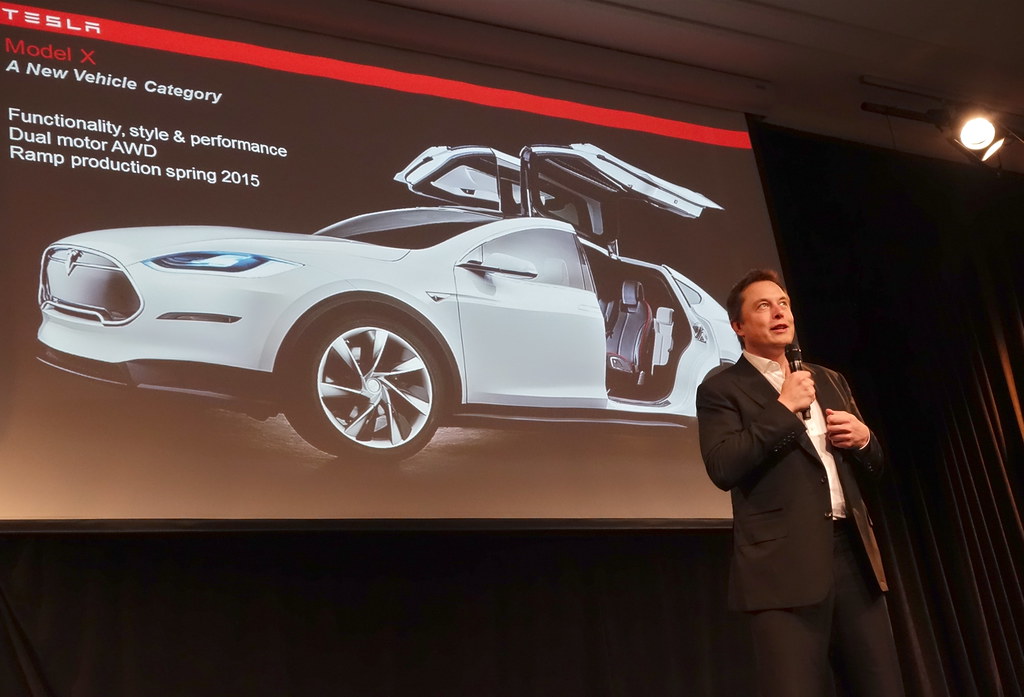
5. **The Dawn of Digital: First Computer and Programming**At the tender age of 10, a pivotal moment arrived in Elon Musk’s life: he received his first computer, a Commodore VIC-20. This acquisition marked the true dawn of his digital journey, quickly igniting a passion that would define his future. He didn’t just use the computer; he craved to understand its inner workings and capabilities.
Displaying an astonishing aptitude, Musk taught himself BASIC programming, impressively completing a typical six-month course in a mere three days. This early exposure to coding and his rapid mastery of it sparked an intense fascination with technology, leading him to spend countless hours coding and experimenting with his new machine, delving deeper into the logic and structure of software.
His father’s background as an electromechanical engineer also subtly influenced this burgeoning interest. Errol Musk would often bring home electronic components, which young Elon eagerly explored, further nurturing his curiosity about science and technology. This hands-on, self-directed learning approach was crucial in developing his foundational understanding of computing.
This period of intense self-instruction and exploration laid the essential groundwork for his future technological endeavors. It was during these hours spent with his Commodore VIC-20 that the seeds of innovation were truly sown, transforming him from a consumer of technology into a creator.
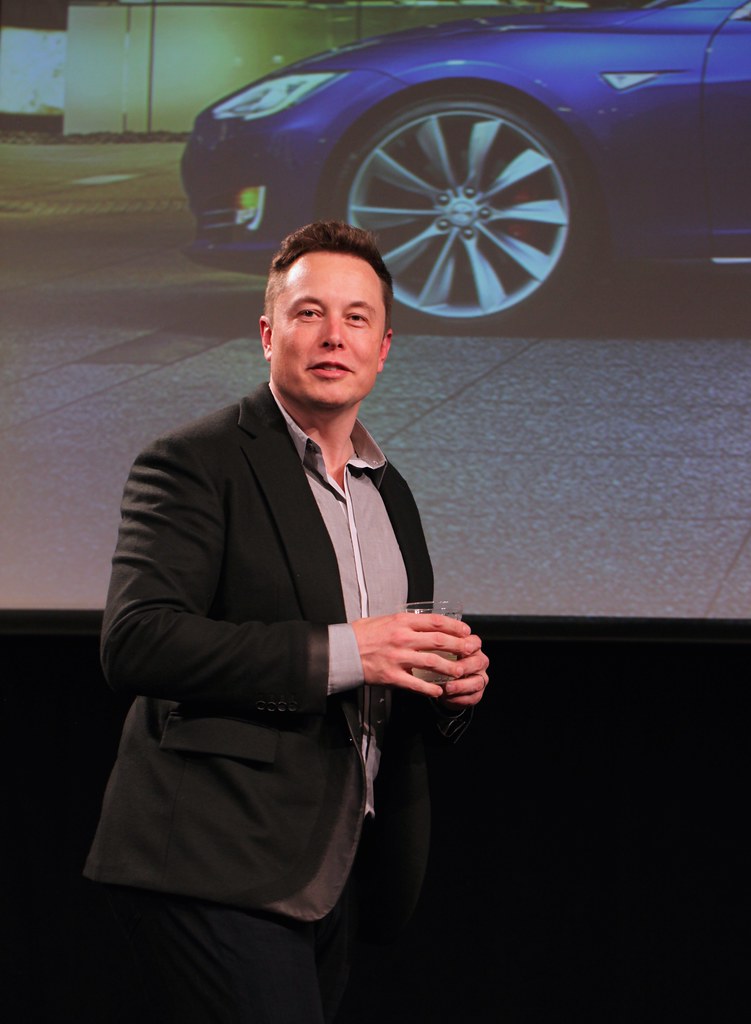
6. **Blastar: The First Entrepreneurial Spark**The immersive hours Elon Musk spent teaching himself programming on his Commodore VIC-20 quickly bore fruit, leading to his very first entrepreneurial venture at the remarkably young age of 12. He designed and coded a space-themed video game named ‘Blastar,’ a testament to his burgeoning technical prowess and creative imagination.
More than just a personal project, Musk successfully sold ‘Blastar’ to a computer magazine for $500. This early achievement was far more than a simple financial transaction; it was a potent demonstration of his ability to not only create something technically complex but also to monetize his intellectual property, foreshadowing his future as a visionary entrepreneur.
This initial success undoubtedly provided a significant boost of confidence and validated his deep dive into the world of computing. It proved that his passion could translate into tangible value, cementing his understanding of business opportunities even as a teenager, as evidenced by his later, albeit unsuccessful, attempt to open a video game arcade near his school.
Blastar represents the concrete manifestation of his early technological aptitude and entrepreneurial spirit. It marked the moment where his theoretical knowledge of programming transformed into a real-world product, setting a precedent for the ambitious and disruptive ventures that would come to define his illustrious career.
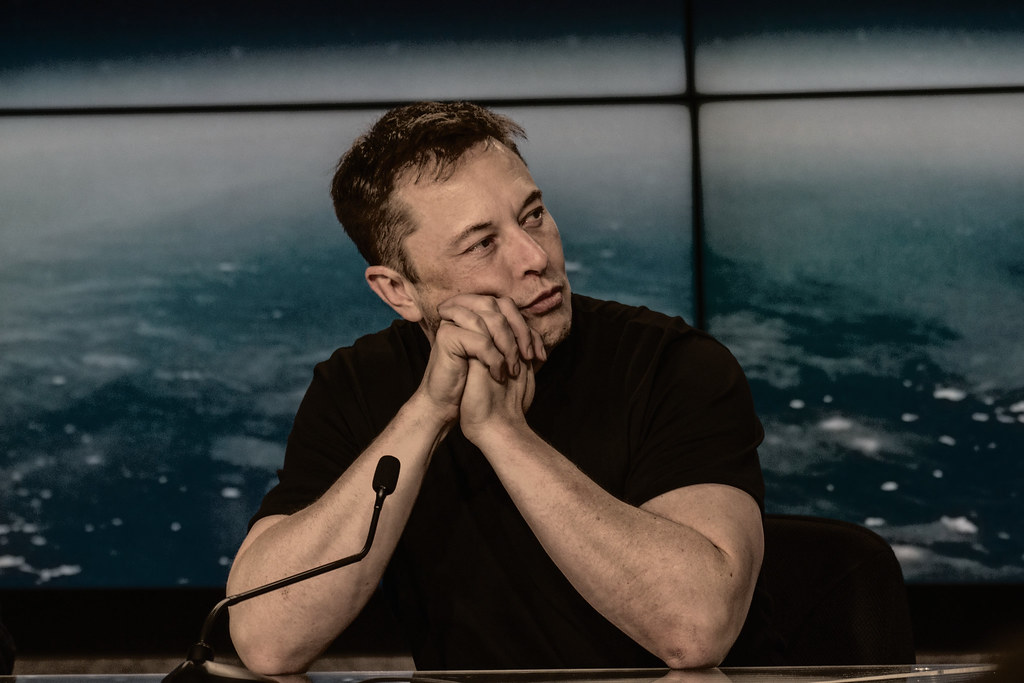
7. **A Complicated Relationship: Living with His Father**Beyond the early narratives of trauma and nascent genius, Isaacson’s biography unveils a particularly poignant chapter in Elon Musk’s adolescence: his decision at the tender age of ten to live with his father, Errol. This choice, perplexing to outsiders given the documented verbal abuse, was born not of affection but a profound sense of guilt. Young Elon, observing his father living alone, felt a compulsion to alleviate his solitude, a testament to a complex emotional landscape beneath the surface of a socially awkward child.
This period, far from offering respite, saw the continuation of the relentless verbal assaults that had marred his earlier home life. Errol Musk’s caustic criticisms and explosive anger remained a constant, creating an environment that compelled Elon to retreat further into the meticulously constructed worlds of his own imagination. It was in the pages of science fiction and comic books that he found an essential sanctuary, a mental escape hatch from the daily torment, allowing him to dream of worlds beyond his immediate, painful reality.
Isaacson meticulously points to the profound psychological toll of this sustained exposure. It suggests a disturbing parallel in Musk’s adult behavior, where traits such as rapid shifts into dark moods and the expression of anger through vicious verbal tirades bear an unsettling resemblance to his father’s patterns. This chilling observation illuminates how the very dynamics he sought to escape may have, through an unconscious process of repetition compulsion, inadvertently been absorbed into the fabric of his own personality.
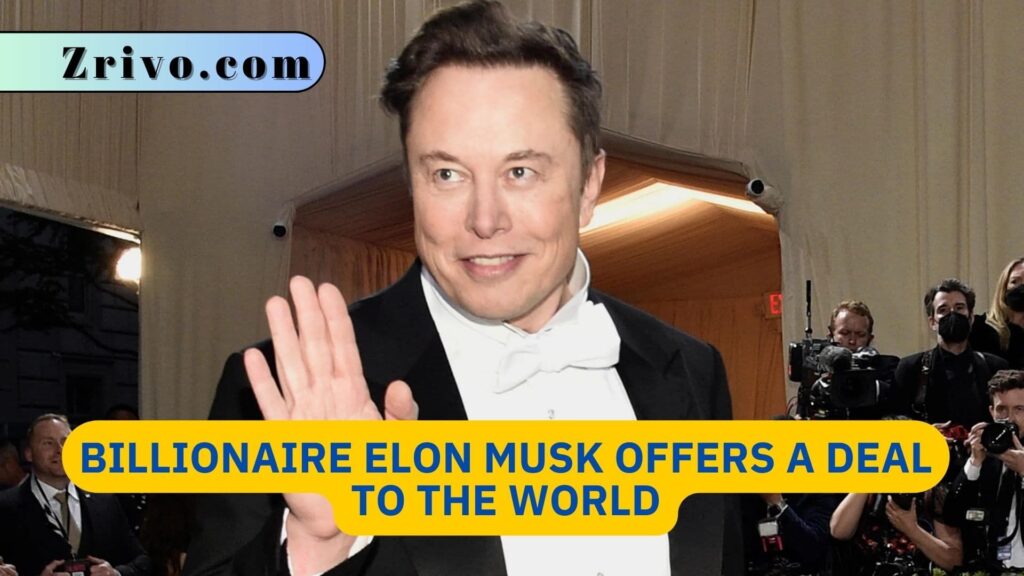
8. **The Great Escape: Journey to North America**As the oppressive shadow of his upbringing deepened and high school graduation loomed, Elon Musk reached an undeniable turning point. He realized with stark clarity that he had to leave his abusive father behind, not only for his own sake but also to spare the rest of his family from Errol’s corrosive influence. This realization marked the genesis of a monumental journey, a deliberate quest for a new horizon far removed from the confines of South Africa.
At the pivotal age of 17, Musk orchestrated his departure, leveraging his mother’s Canadian heritage to obtain citizenship. With a modest sum of $4,000, he embarked on his transatlantic pilgrimage, landing in Canada where his entrepreneurial spirit immediately kicked into gear. He undertook a series of arduous, often physically demanding, jobs—from working on farms to toiling in lumber yards—all while meticulously laying the groundwork for his family’s eventual relocation.
This period of self-reliance and grit was not merely a means to an end; it was a testament to his burgeoning independence and unwavering resolve. Once his mother and siblings were successfully reunited with him in Toronto, Musk officially commenced his college career and secured a vital Microsoft internship. These steps represented not just academic and professional milestones, but foundational pillars in his grand project of self-emancipation and the establishment of a life built on his own terms.
Read more about: The Evolving Landscape of Comedy: How Today’s Leading Comedians Shape Social Dialogue and Public Discourse
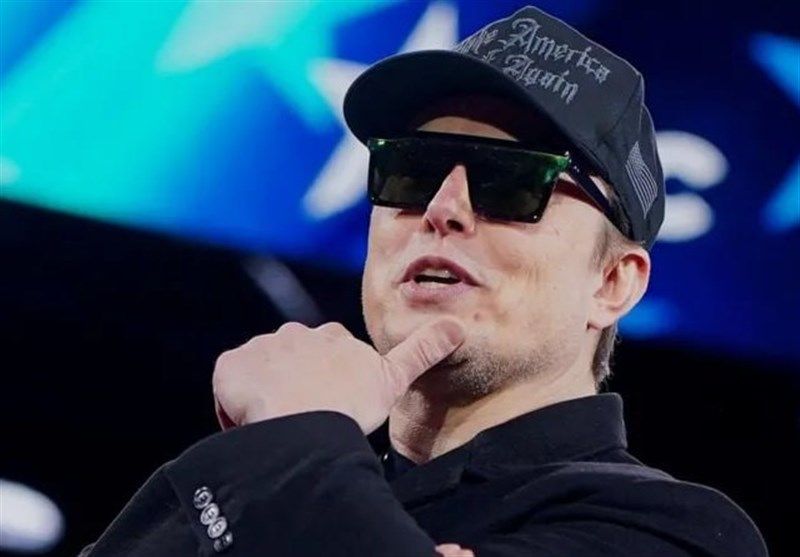
9. **Academic Foundations: Queen’s University and Early Studies**With his feet firmly planted on North American soil, a new chapter of intellectual pursuit began for Elon Musk at Queen’s University in Canada. His enrollment at 17 years old marked the formal initiation of his higher education, a path that would critically refine his already formidable intellect and begin to shape his interdisciplinary approach to problem-solving. It was here that his academic foundations truly started to solidify, moving beyond self-taught prodigy to structured scholarly engagement.
Building upon the academic prowess he had demonstrated at Pretoria Boys High School, Musk plunged into his studies with characteristic intensity. While specific course details from this period are not extensively elaborated, it is clear that his time at Queen’s served as a crucial bridge from the turbulent environment of his youth to a more focused and intellectually stimulating phase. This foundational experience allowed him to cultivate a more structured approach to learning and inquiry, which would prove invaluable for his later ambitions.
Beyond the classrooms and lecture halls, Queen’s University provided Musk with exposure to a broader academic and social milieu. It was an environment that, while perhaps still challenging for his neurodivergent tendencies, undoubtedly offered new perspectives and opportunities for intellectual growth. This early university experience, though perhaps overshadowed by later achievements, was an essential stepping stone in his ongoing evolution from a brilliant but isolated youth to a globally impactful thinker.
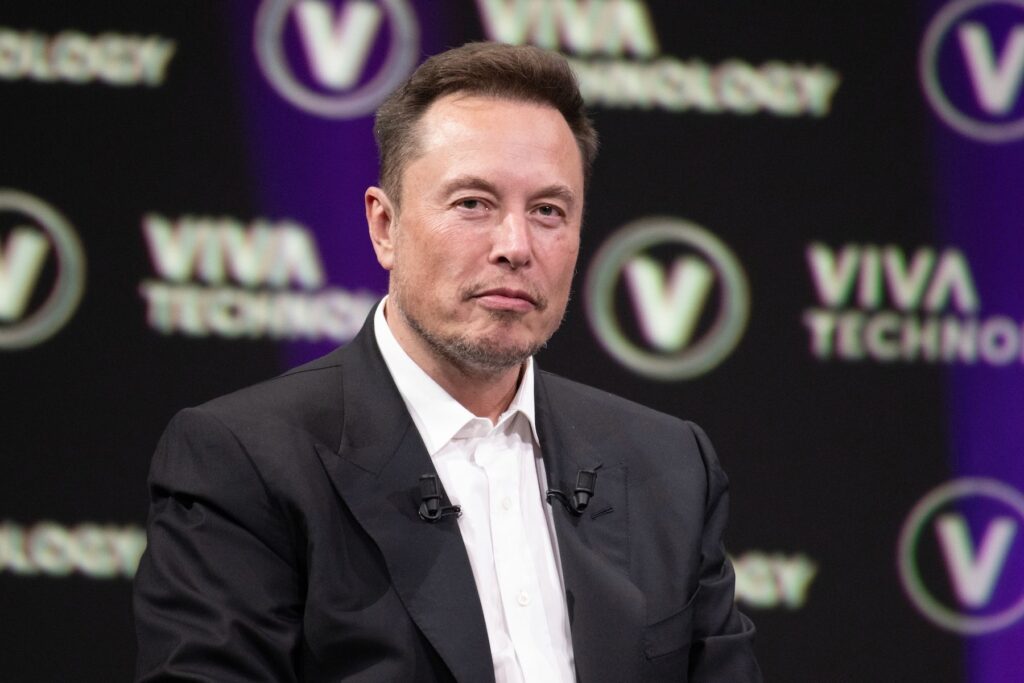
10. **Deepening Knowledge: The University of Pennsylvania Experience**Musk’s academic journey continued with a significant transition to the University of Pennsylvania, a move that proved instrumental in shaping his future trajectory. Here, he embarked on an ambitious pursuit of a dual bachelor’s degree, meticulously weaving together the rigorous disciplines of economics and physics. This deliberate choice of fields was not arbitrary; it represented a strategic intellectual gambit, laying a robust foundation for his unparalleled blend of technological innovation and disruptive business acumen.
The confluence of economics and physics at Penn allowed Musk to hone a unique set of analytical skills. He delved deep into the complexities of market dynamics, financial structures, and the fundamental laws governing the physical world. This dual perspective provided him with a powerful lens through which to view challenges, enabling him to understand not only the scientific potential of an idea but also its economic viability and market implications—a hallmark of his later ventures.
It was during this intellectually fertile period that Musk engaged in crucial research on ultracapacitors. This early academic foray into energy storage technologies served as a potent foreshadowing of his groundbreaking work with Tesla and SolarCity. The seeds of his vision for sustainable energy, cultivated in the solitude of his childhood reading, began to take concrete form within the structured yet expansive environment of a premier American university, preparing him for the monumental tasks that lay ahead.
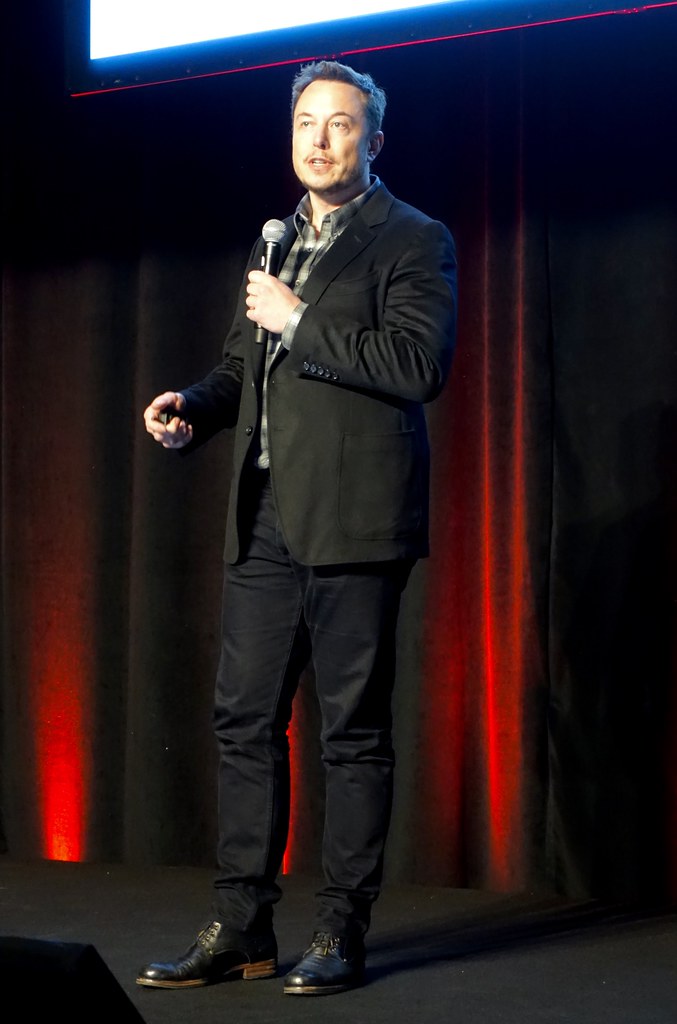
11. **Literary Visions: Science Fiction’s Continued Grip**Even as Elon Musk navigated the complexities of higher education, the captivating narratives of science fiction maintained their profound grip on his imagination, continuing to be a wellspring of inspiration for his nascent ambitions. Works like Isaac Asimov’s seminal “Foundation” series, Robert Heinlein’s provocative “The Moon is a Harsh Mistress,” and Douglas Adams’ whimsical “The Hitchhiker’s Guide to the Galaxy” transcended mere entertainment; they became philosophical blueprints for his understanding of humanity’s future.
These literary masterpieces directly influenced his profound contemplation of artificial intelligence, particularly the existential question of whether AI would ultimately serve as a benevolent force or an existential threat to humanity. Isaacson notes that Heinlein’s depiction of a supercomputer gaining consciousness in “The Moon is a Harsh Mistress” spurred Musk to deeply consider AI’s ethical and societal implications, a concern that would eventually lead to his involvement with OpenAI.
Moreover, Isaacson explicitly details how Asimov’s “Foundation” series, particularly its “Zeroth Law” of robotics—which dictates that a robot may not harm humanity, or through inaction, allow humanity to come to harm—became a fundamental ethical pillar for Musk. This concept, far from being a mere fictional construct, directly motivated his audacious aspirations to make space travel broadly accessible and to harness AI for the ultimate good of humankind. Indeed, Musk himself, in a 2018 tweet, explicitly declared the Zeroth Law to be ‘fundamental’ to the very creation of SpaceX, underscoring the enduring power of these early literary influences on his most ambitious ventures.
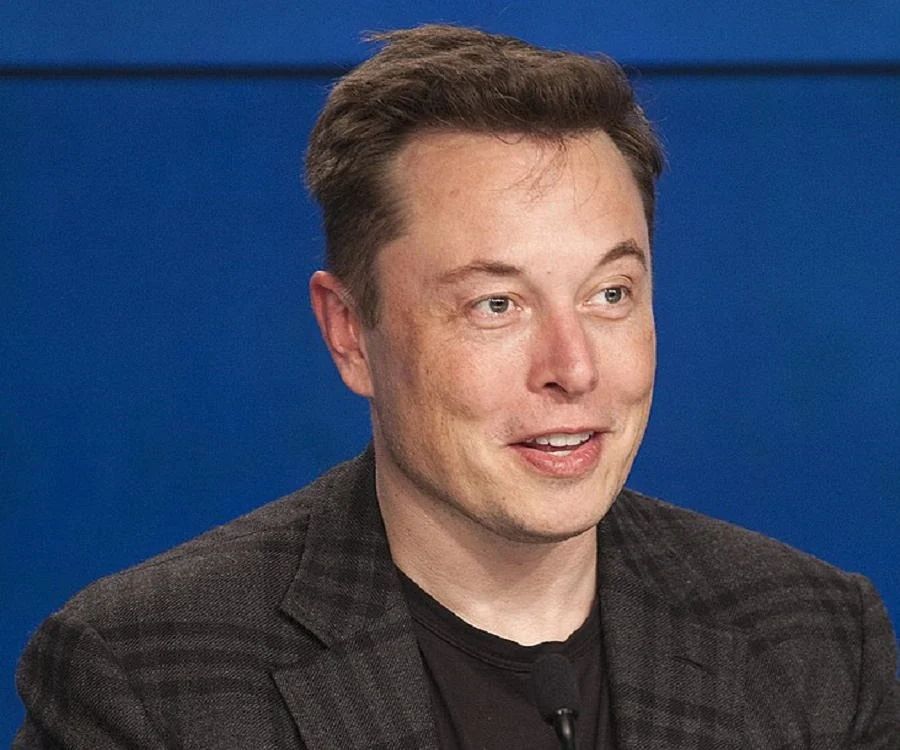
12. **Monumental Dreams: Early Sparks of Space and Sustainable Energy**The profound impact of science fiction, coupled with his early aptitude for technology, coalesced into a set of monumental dreams that would ultimately define Elon Musk’s professional journey. From a surprisingly young age, he harbored the audacious aspiration of colonizing Mars, a vision born not in a boardroom, but from the vivid imagery and speculative futures he devoured within the pages of books. This fascination with interplanetary travel was no fleeting childish fantasy; it became a bedrock conviction that would eventually manifest as SpaceX.
His early curiosity about the cosmos was not confined to theoretical musings. As a teenager, Musk translated this burgeoning passion into practical, albeit rudimentary, experiments. He embarked on building small rockets in his backyard and devoted considerable time to self-study in rocket science. These hands-on explorations, however small-scale, were critical early steps, laying the scientific and experiential groundwork for his later, revolutionary work in reusable rocket technology and the monumental goal of making humanity a multi-planetary species.
Parallel to his extraterrestrial ambitions, Musk cultivated a keen and remarkably prescient interest in sustainable energy during his teenage years. He recognized its transformative potential to address humanity’s most pressing environmental challenges. This early awareness wasn’t just an intellectual exercise; it laid the direct foundation for his later endeavors with Tesla and SolarCity, companies founded on the premise of accelerating the world’s transition to sustainable energy. His childhood dreams of an electric future and a habitable Mars were, in essence, two sides of the same coin: a profound desire to secure and advance human civilization through pioneering technology.
The biographical insights provided by Walter Isaacson paint a compelling, albeit often disquieting, portrait of Elon Musk’s formative years. They reveal a childhood shaped by adversity and isolation, yet simultaneously illuminated by an insatiable intellectual curiosity and an unparalleled imaginative capacity. From the trauma of abuse to the solace of science fiction, from teaching himself programming to envisioning multi-planetary futures, these early experiences were not merely chapters in a life story; they were the crucible in which the visionary, complex, and often controversial figure of Elon Musk was forged. His journey from a bullied, bookish boy in South Africa to a titan challenging the very limits of human endeavor is a powerful testament to the enduring impact of childhood—a spark that indeed ignited a technological revolution.



